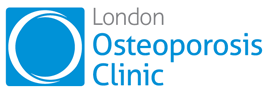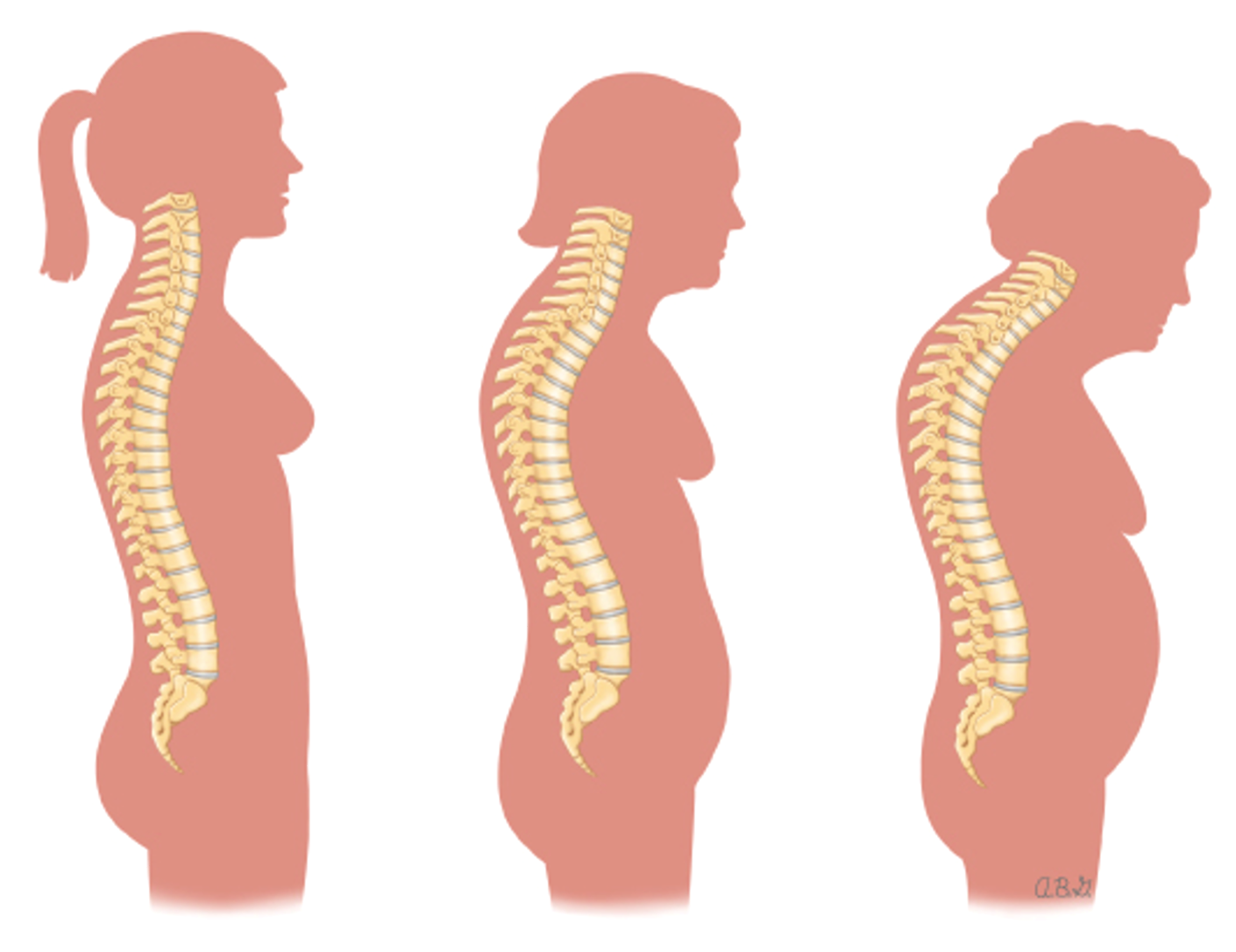Osteoporosis, often labelled as a silent disease, remains one of the most prevalent yet under-recognised health issues facing our population today. At the London Osteoporosis Clinic, we are committed to raising awareness and improving literacy around bone health to help individuals lead healthier, more productive lives. Our mission is to inspire awe in ourselves and serve humanity by transforming health outcomes through education, prevention, and effective management of osteoporosis.
The Invisible Epidemic
Osteoporosis is a condition characterised by decreased bone density and strength, increasing the risk of fractures. While it is commonly associated with postmenopausal women, it is essential to recognise that osteoporosis can affect anyone at any age, particularly those with risk factors such as a personal or family history of fractures, certain medical conditions, and lifestyle choices.

Who is at Risk?
While osteoporosis is widely recognised in women over 40, especially post-menopause, many do not realise that younger individuals are also at risk. Risk factors include:
- Genetic Predisposition: A family history of osteoporosis or fractures can significantly increase one’s risk, highlighting the importance of genetic factors.
- Medical Conditions: Conditions like rheumatoid arthritis, coeliac disease, and hormonal imbalances can predispose individuals to weakened bones.
- Lifestyle Choices: Smoking, excessive alcohol consumption, and a diet low in calcium and vitamin D can deteriorate bone health over time.
Early Detection and Prevention
The key to managing osteoporosis lies in early detection and proactive prevention. Here are several steps that can be taken:
- Bone Density Scans: Recommended for at-risk individuals, these scans can detect osteoporosis before a fracture occurs, allowing for earlier intervention.
- Nutritional Support: A balanced calcium and vitamin D diet is critical for bone health. Depending on individual dietary intake and assessment results, supplements may also be necessary.
- Exercise: Regular physical activity, especially weight-bearing and muscle-strengthening exercises, can improve bone density and overall health.
The Role of Personalised Care
At the London Osteoporosis Clinic, we emphasise personalised care tailored to each individual’s needs. Understanding that each person’s situation is unique, our approach integrates dietary advice, exercise regimens, and medication management, if necessary, to ensure the best outcomes.
Collaboration and Advocacy
As advocates for bone health, we collaborate with healthcare professionals and communities to spread knowledge and best practices for osteoporosis management. We are also proud trustees of the Global Osteoporosis Foundation, where we work towards global health improvements through strategic partnerships and educational initiatives.
Conclusion
Osteoporosis should not be a silent epidemic. With the right knowledge and tools, individuals at risk can take proactive steps to protect their bone health. We invite you to join us at the London Osteoporosis Clinic to learn more about how you can prevent and manage this condition effectively. Together, we can achieve a significant impact on the health and productivity of our communities.
For more information or to book a consultation, visit our website at www.LondonOsteoporosisClinic.com.
By addressing osteoporosis with the seriousness it deserves, we can all look forward to a future where bone health is prioritised as a crucial element of overall well-being. Let’s take that step today for a healthier tomorrow.

